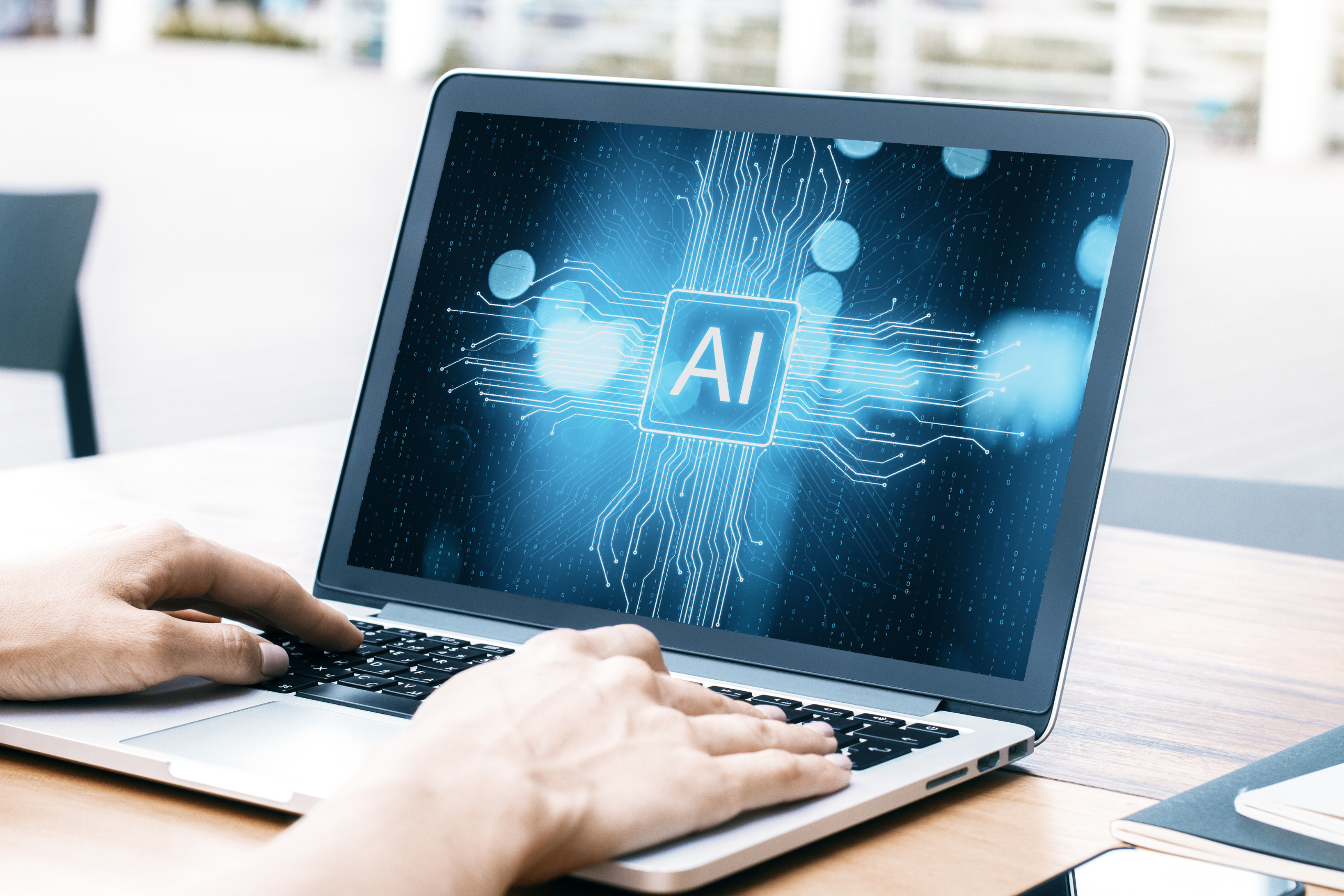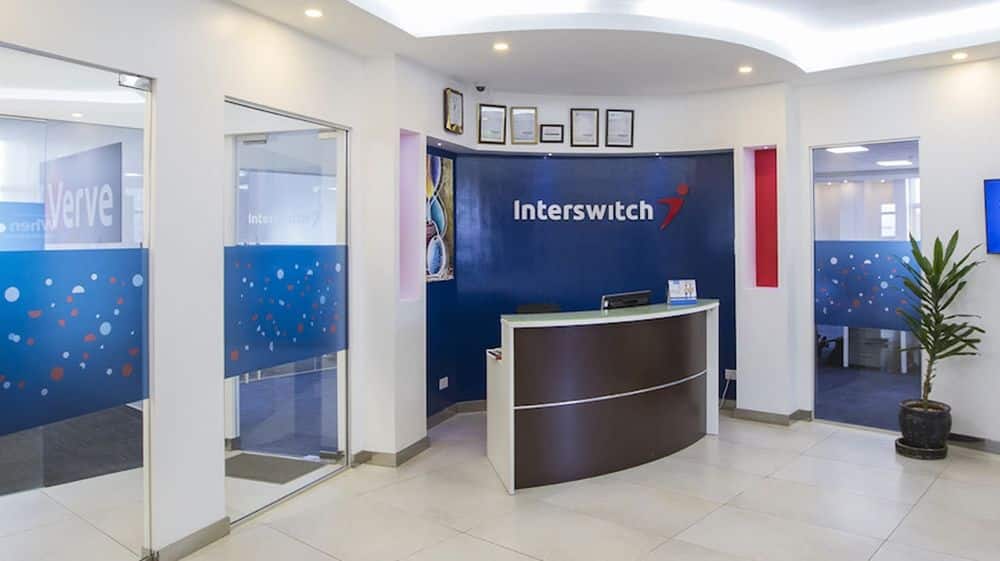
The Future of Artificial Intelligence: Top 5 AI Trends Transforming Industries in 2025
As we progress through 2025, artificial intelligence (ai) continues to reshape the technological landscape at an unprecedented pace. From autonomous AI agents to revolutionary reasoning capabilities, this year marks a pivotal moment in AI evolution. Understanding these emerging trends is crucial for businesses, developers, and technology enthusiasts who want to stay ahead of the curve.
1. Agentic AI: The Rise of Autonomous Intelligent Systems
The most significant breakthrough in 2025 is the emergence of agentic AI – artificial intelligence systems that can independently plan, make decisions, and execute actions to achieve specific goals without constant human intervention. Unlike traditional AI that requires detailed instructions, agentic AI operates with remarkable autonomy.
Gartner’s latest research identifies agentic AI as one of the fastest-advancing technologies this year, experiencing heightened interest and ambitious implementation across industries. These systems excel at complex problem-solving, adapting their strategies based on changing circumstances and learning from outcomes.
The applications are already transforming sectors like logistics, where autonomous systems optimize supply chains, and healthcare, where AI agents assist in diagnosis and treatment planning. Enterprise adoption is accelerating as organizations recognize the potential for significant efficiency gains and cost reductions.
2. Advanced AI Reasoning: Beyond Pattern Recognition
Traditional AI systems excel at pattern recognition, but 2025 has ushered in a new era of AI reasoning capabilities. These advanced systems can engage in logical thinking, causal reasoning, and complex problem-solving that mirrors human cognitive processes.
Morgan Stanley’s analysis highlights how tech giants are investing heavily in refining these cutting-edge reasoning applications. The focus has shifted from simple prediction to sophisticated analysis and decision-making.
This advancement enables AI to tackle previously impossible challenges, such as scientific research acceleration, complex legal analysis, and strategic business planning. The reasoning revolution is particularly impactful in fields requiring nuanced understanding and multi-step problem-solving.
3. Custom Silicon and AI Hardware Innovation
The demand for specialized AI processing power has reached critical mass in 2025, driving unprecedented innovation in custom silicon development. Companies are moving beyond general-purpose processors to create chips specifically designed for AI workloads.
This hardware revolution addresses the computational bottlenecks that have limited AI deployment. Custom silicon offers dramatically improved performance per watt, reduced latency, and enhanced parallel processing capabilities. The result is more efficient AI training and inference, enabling real-time applications that were previously impossible.
Major technology companies are investing billions in proprietary chip development, creating a competitive landscape where hardware innovation directly translates to AI capability advantages. This trend is democratizing access to powerful AI tools by reducing computational costs.
4. Military and Defense AI Integration
Recent developments show the US military launching several initiatives demonstrating eagerness to adopt AI technologies. The Replicator program, inspired by the war in Ukraine, commits $1 billion to small drone development, while the Artificial Intelligence Rapid Capabilities Cell integrates AI into battlefield decision-making and logistics.
European militaries face pressure to increase technology investment, driven by concerns about potential changes in US support to Ukraine and rising tensions between Taiwan and China. This military AI adoption extends beyond combat applications to include:
- Predictive maintenance for equipment and vehicles
- Intelligence analysis and threat assessment
- Supply chain optimization for military operations
- Cybersecurity defense systems
The military AI market represents a significant growth sector, with applications eventually flowing into civilian technologies.
5. AI-Ready Data and Infrastructure Transformation
The success of advanced AI systems depends heavily on AI-ready data infrastructure. Organizations are recognizing that raw data isn’t sufficient – information must be properly structured, cleaned, and optimized for AI consumption.
This trend encompasses several critical developments:
Data Quality Management: Organizations are implementing sophisticated data governance frameworks ensuring accuracy, consistency, and accessibility. Poor data quality remains one of the biggest obstacles to successful AI implementation.
Real-time Processing Capabilities: Modern AI applications require streaming data processing and real-time analytics. Companies are investing in infrastructure that can handle continuous data flows and provide immediate insights.
Cloud Migration Acceleration: The complexity of AI workloads is driving rapid migration to cloud platforms optimized for machine learning. Cloud providers are developing specialized services that simplify AI deployment and scaling.
Privacy-Preserving Technologies: As AI systems handle increasingly sensitive data, organizations are implementing federated learning, differential privacy, and other techniques that enable AI training while protecting individual privacy.
The Business Impact of AI Trends 2025
These technological advances translate into tangible business benefits across industries. McKinsey’s technology outlook indicates that companies successfully implementing these AI trends report:
- 40-60% reduction in routine task completion time
- 25-35% improvement in decision-making accuracy
- 20-30% decrease in operational costs
- Enhanced customer satisfaction through personalized experiences
Challenges and Considerations
Despite promising developments, 2025’s AI landscape presents significant challenges. Organizations must navigate:
Talent Shortage: The rapid pace of AI advancement has created a skills gap, with demand for AI specialists far exceeding supply.
Ethical Considerations: As AI systems become more autonomous, questions about accountability, bias, and fairness become increasingly complex.
Regulatory Compliance: Governments worldwide are developing AI governance frameworks, requiring businesses to ensure compliance while maintaining innovation.
Security Concerns: Advanced AI systems present new attack vectors and require sophisticated cybersecurity measures.
Looking Ahead: Preparing for the AI Future
Success in 2025’s AI landscape requires strategic planning and proactive adaptation. Organizations should:
- Invest in AI education and workforce development
- Develop data governance frameworks supporting AI initiatives
- Partner with technology providers offering cutting-edge AI solutions
- Implement gradual AI adoption strategies minimizing disruption
- Monitor regulatory developments and ensure compliance
The AI trends of 2025 represent more than technological advancement – they signal a fundamental shift in how we work, make decisions, and solve complex problems. Organizations that embrace these changes while addressing associated challenges will position themselves for long-term success in an AI-driven future.
As we continue through 2025, one thing remains certain: artificial intelligence will continue evolving at breakneck speed, creating opportunities for those prepared to adapt and innovate. The question isn’t whether AI will transform your industry – it’s whether you’ll lead or follow in that transformation.
Read more tech related articles here.






Leave a Reply